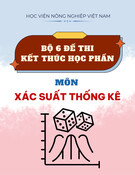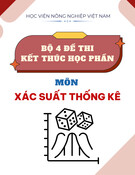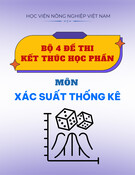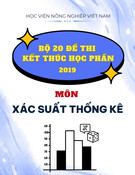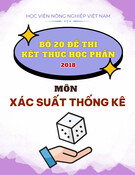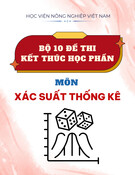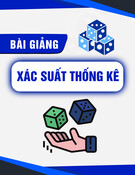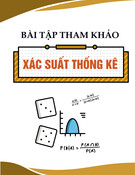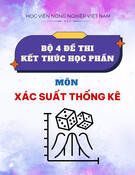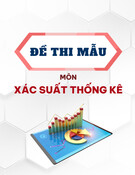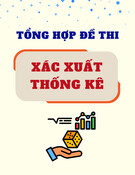
T
ẠP CHÍ KHOA HỌC
TRƯ
ỜNG ĐẠI HỌC SƯ PHẠM TP HỒ CHÍ MINH
Tập 21, Số 6 (2024): 971-984
HO CHI MINH CITY UNIVERSITY OF EDUCATION
JOURNAL OF SCIENCE
Vol. 21, No. 6 (2024): 971-984
ISSN:
2734-9918
Websit
e: https://journal.hcmue.edu.vn https://doi.org/10.54607/hcmue.js.21.6.4311(2024)
971
Research Article1
EXPLORING PARENTAL ACCEPTANCE OF DIGITAL MATH GAMES
ON MOBILE DEVICES FOR PRIMARY SCHOOL CHILDREN
Nguyen Ngoc Dan*, Nguyen Hoang Bao Chau,
Nguyen Thi Minh Thu, Le Minh Tu, Hoang Phuong Vy, Le Tuan Phat
Ho Chi Minh City University of Education, Vietnam
*Corresponding author: Nguyen Ngoc Dan – Email: dannn@hcmue.edu.vn
Received: June 04, 2024; Revised: June 17, 2024; Accepted: June 22, 2024
ABSTRACT
This study delves into the potential of digital math games on mobile devices to enhance the
learning experience of primary school children, aiming to instill a sense of hope and optimism in
Vietnamese parents. In light of the increasing prevalence of digital games and concerns about screen
time and game addiction, the research examines these educational tools' perceived benefits and
drawbacks. Using the Technology Acceptance Model (TAM), the study explores perceived ease of use,
perceived usefulness, attitudes, and behavioral intentions toward digital math games. Semi-structured
interviews were conducted with 32 parents, who were introduced to "Đậu Lém Phiêu lưu ký," a digital
math game selected based on educational criteria. The recorded and transcribed interviews revealed a
positive shift in parental attitudes, recognizing the games' educational value and expressing willingness
to allow their use if they meet quality and affordability standards. However, concerns about screen time,
content control, and health impacts were noted, highlighting the need for features like time-setting and
screen-lock functionalities in educational games. The study concludes that balancing educational
content with engaging gameplay and addressing parental concerns can increase the acceptance and
effectiveness of digital math games in primary education. Future research should expand on these
findings with larger, quantitative studies to further validate the insights, providing a basis for designing
better educational games that align with parents' and students' needs.
Keywords: digital math games; educational technology; elementary students; parental
acceptance; Technology Acceptance Model (TAM)
1. Introduction
Digital games have become an integral part of our daily lives. According to the World
Health Organization (WHO), statistics indicate that 70-80% of children aged 10-15 enjoy
online games, with approximately 10-15% of these children being addicted to online gaming.
In 2023, Vietnam had around 24.7 million children, of whom two-thirds had access to
Cite this article as: Nguyen Ngoc Dan, Nguyen Hoang Bao Chau, Nguyen Thi Minh Thu, Le Minh Tu,
Hoang Phuong Vy, & Le Tuan Phat (2024). Exploring parental acceptance of digital math games on mobile devices
for primary school children. Ho Chi Minh City University of Education Journal of Science, 21(6),
971-984.





